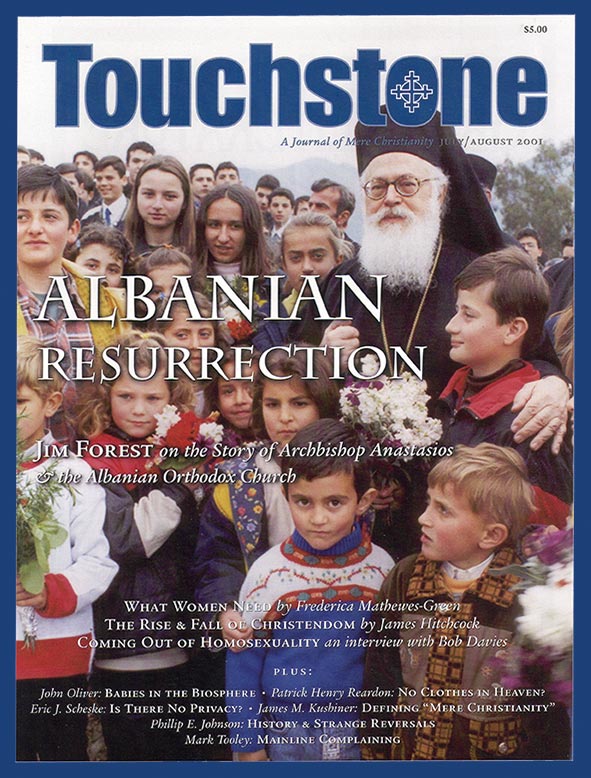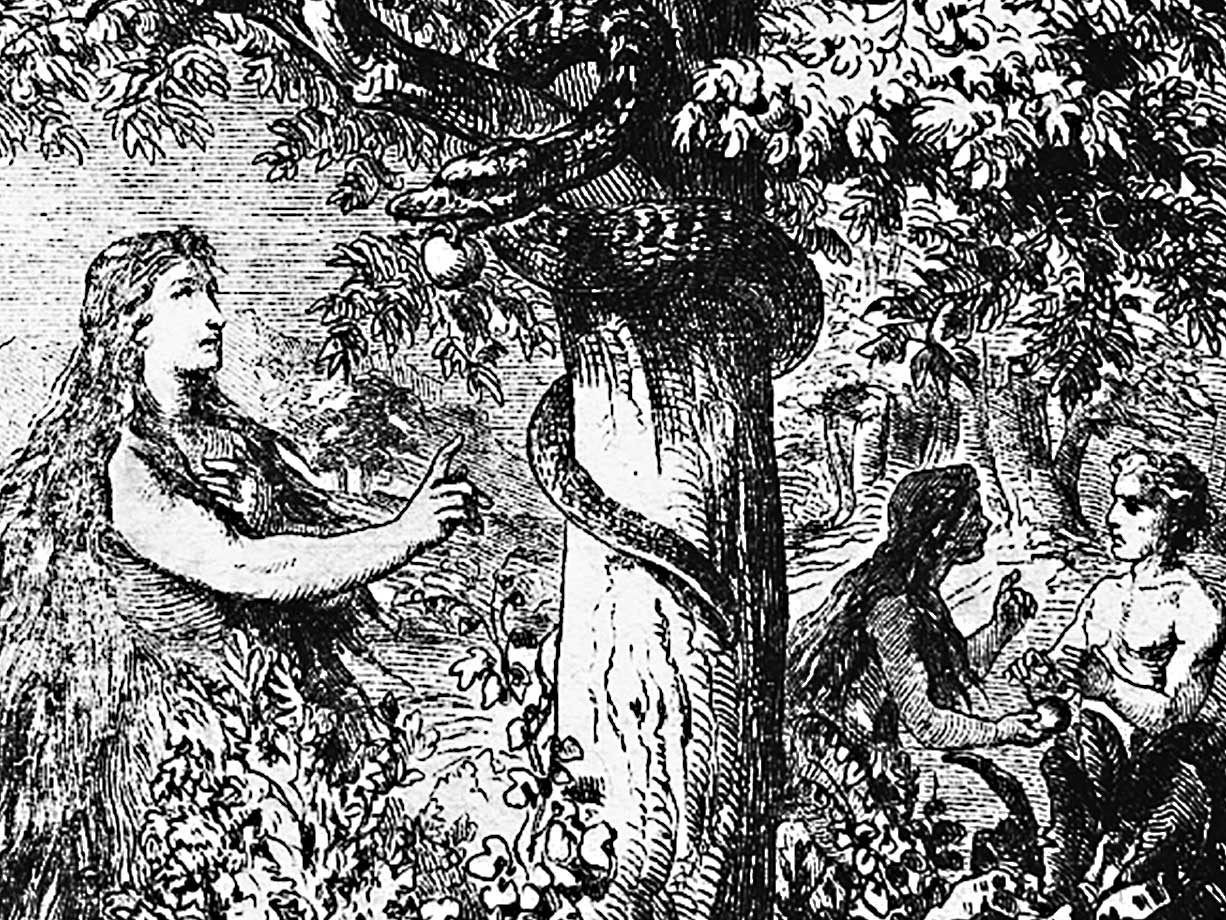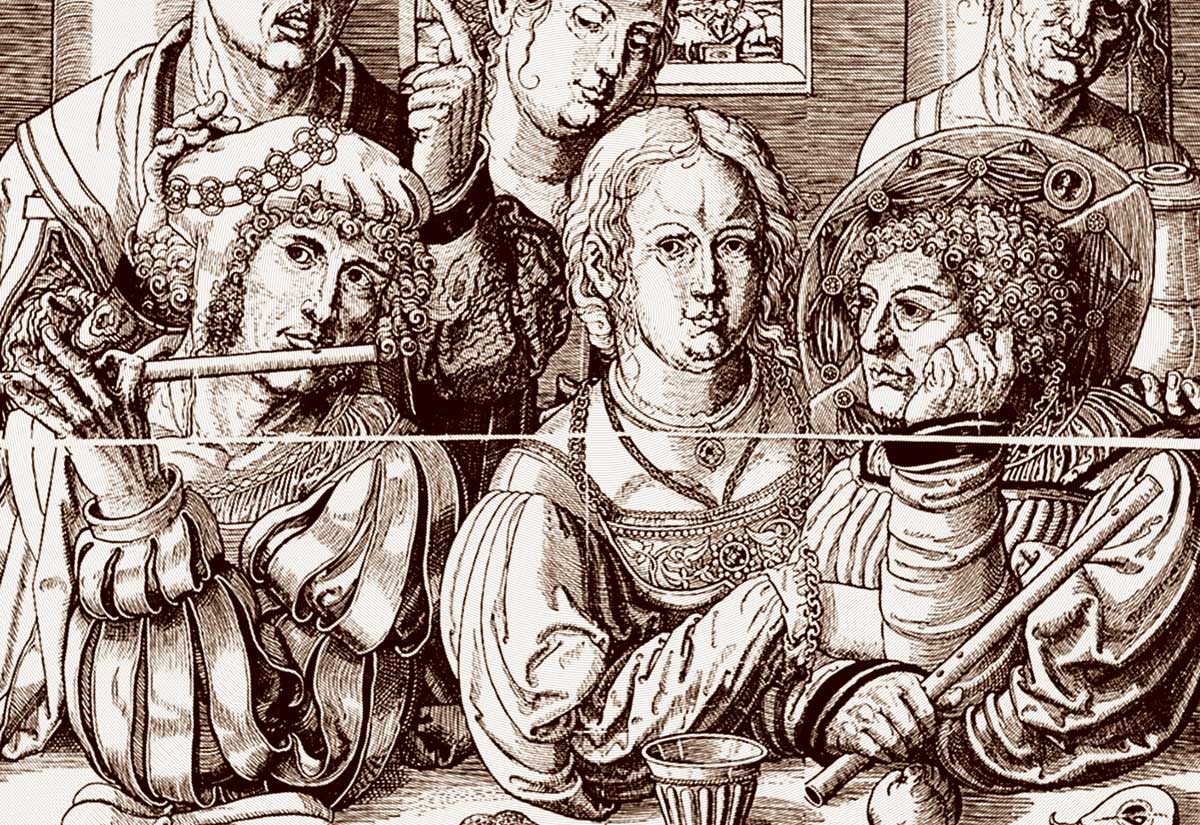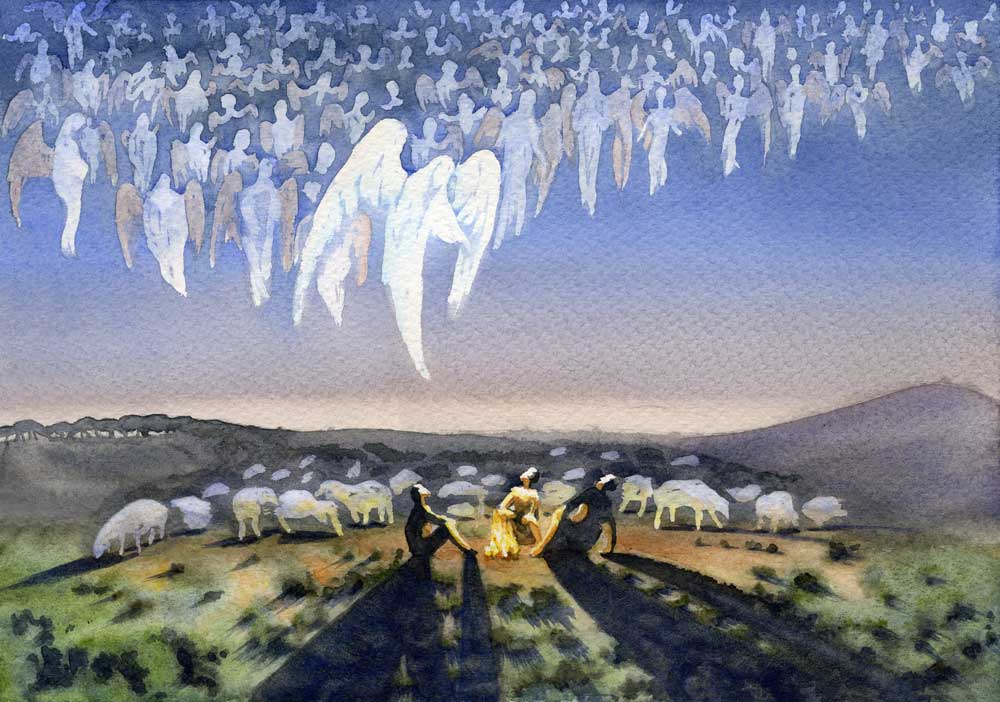Feature
What Women Need
Three Bad Ideas for Women & What to Do About Them
by Frederica Mathewes-Green
Few book titles have had the sticking power of Richard Weaver’s Ideas Have Consequences. Even people who have never read it find the blunt title instantly compelling. Weaver’s thesis was that the ideas that we absorb about the world, about the way things are or should be, inevitably direct our actions. Though the book was published in 1948, before many current bizarre ideas had fully emerged, the thesis is an eternal one. It sets people to wondering which ideas were the seeds that sprouted our present mess and which new ideas might be helping us out of it—or further in.
Ideas about the nature of life combine in a framework that can go by many names; the word paradigm, popular a decade ago, has through overuse become almost as irritating as chad. Some call this framework a worldview, mindset, outlook, ideology, cognitive framework, or reality grid; a New Testament term is phronema. Whichever term you choose, it means that mental assumptions link together and result in actions—ideas have consequences.
A few decades ago some people got a bad idea. Or perhaps the bad idea got them, and shook and confused them till the right ideas came to look strange. We might trace it to the Supreme Court’s Roe v. Wade decision in January 1973, but even that document grew out of prior ideas. It didn’t stand alone, and it cannot be combated alone. I’d like to explore three interlocking, mutually supporting bad ideas that sprouted during that era, and then look at some ideas about how to fix things.
The Feminist Bloom
It’s hard to pin down exactly when these bad ideas sprouted, but I can point to the moment when I first encountered them in bloom. At the time, I thought they were inspiring. I thought I had discovered liberation.
It was September 1970 and I was standing at the public information desk in the Student Union at the University of South Carolina. I was a brand-new freshman, pretty shy, and had been given the advice that I could meet people by joining organizations. So I joined the college paper, and was immediately given an assignment: “Find out what all this stuff is about women’s lib.”
I was baffled as to how to do that. Feminism had just begun impinging on public consciousness, usually in the form of a joke. It was called “women’s lib,” and wasn’t taken seriously, carrying no more weight than an offhand comment on Johnny Carson about “bra burners.” I didn’t know how to research the topic, but the editor had a suggestion: Go to the Student Union and page “anyone who knows about the women’s liberation movement.”
I can’t imagine what would happen if I went to that same desk and had them make the same announcement today. But 30 years ago I had a short wait, then saw two women coming toward me wearing the fortified expressions of pioneers. Kathy and Rosa steered me into the student lounge, where we sat for a long afternoon while they opened to me the hidden knowledge of women’s oppression through the ages. As they expounded this mystic wisdom, I made notes, and nodded. I liked what I was hearing.
I use the language of religious conversion intentionally; just as conversion to Christ confers an entirely new way of looking at life—the phronema of the Spirit—feminism offered me a new worldview in a form that was similar to a religion. I had rejected my childhood Christian faith, but feminism offered membership in a parallel enlightened community, one that had sacred writings and advanced leaders able to instruct neophytes in the vision. Initiates met in ritual gatherings—consciousness-raising groups—where we spoke in a vocabulary unique to insiders. We had distinctive clothing and grooming styles, analogous to religious habit and tonsure.
When my first campus byline appeared a week later, it was over a story that cautiously endorsed the “libbers.” I continued my catechesis under Kathy and Rosa, and eventually became a leader and teacher myself, a member of the inner circle and a guru of campus feminism.
Frederica Mathewes-Green is a columnist for Beliefnet.com and a contributor to the Christian Millennial History Project multi-volume series. Her books include At the Corner of East and Now (Putnam), The Illumined Heart (Paraclete Press), and The Open Door: Entering the Sanctuary of Icons and Prayer (Paraclete Press). She lives in Linthicum, Maryland, with her husband Fr. Gregory, pastor of Holy Cross Orthodox Church. They have three children and three grandchildren.
subscription options
Order
Print/Online Subscription

Get six issues (one year) of Touchstone PLUS full online access including pdf downloads for only $39.95. That's only $3.34 per month!
Order
Online Only
Subscription

Get a one-year full-access subscription to the Touchstone online archives for only $19.95. That's only $1.66 per month!
bulk subscriptions
Order Touchstone subscriptions in bulk and save $10 per sub! Each subscription includes 6 issues of Touchstone plus full online access to touchstonemag.com—including archives, videos, and pdf downloads of recent issues for only $29.95 each! Great for churches or study groups.
Transactions will be processed on a secure server.
more on feminism from the online archives
more from the online archives
calling all readers
Please Donate
"There are magazines worth reading but few worth saving . . . Touchstone is just such a magazine."
—Alice von Hildebrand
"Here we do not concede one square millimeter of territory to falsehood, folly, contemporary sentimentality, or fashion. We speak the truth, and let God be our judge. . . . Touchstone is the one committedly Christian conservative journal."
—Anthony Esolen, Touchstone senior editor













